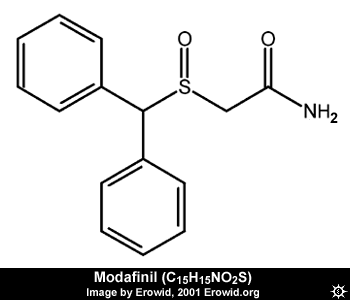|
No matter how many advancements and the number of state of the art improvements, there is always one constant to warfare that
has been the same for centuries: the soldier. As put by Jonathan Moreno, "The human being is the oldest instrument of
warfare, and the weakest link. Although astonishing and terrifying "improvements"; have been basically the same.
They must eat, sleep, detect danger, discern friend from foe, heal wounded, and so forth." The final frontier of potential
improvements is in fact the human soldier; their minds and bodies are the object of much interest. There are numerous enhancements
that are currently in research, and even in limited use. Through medical enhancements, drugs and various other means, the
soldier of the future will be transformed into a "war fighter" (meaning a more self sufficient individual soldier).
One particular area of interest is the possibility of sleepless soldiers. A soldier who can function effectively on less
sleep has been a major military goal for quite some time. Sleep induced error, due to lack of alertness, has resulted in many
problems over the years, such as friendly fire. There have been many drugs in the past used to keep soldier and pilots alert
for extended missions, however most of these have had serious side effects. One of the commonly used drugs was a stimulant
called Dexedrine, commonly known as the "go pill" or "speed". Dexedrine is slowly being weeded out due
to its risks (as a stimulant), and being replaced by a new drug called Modafinil. Modafinil was approved by the FDA in 1998,
when it was originally marketed as Provigil, commonly used to treat narcolepsy and other sleep disorders. Though it is still
not completely understood, the function of Modafinil differs from stimulants; "rather than bombarding various parts of
the brain with arousal signals, Modafinil apparently nudges the brain toward wakefulness through specific pathways, perhaps
by increasing serotonin levels in the brain stem." It has been reported that Modafinil, in some extreme cases, can keep
someone alert, and functioning, for up to 90 hours without any noticeable side effects. Regardless of the method, the ultimate
goal is to wring more productivity from soldiers.
|
